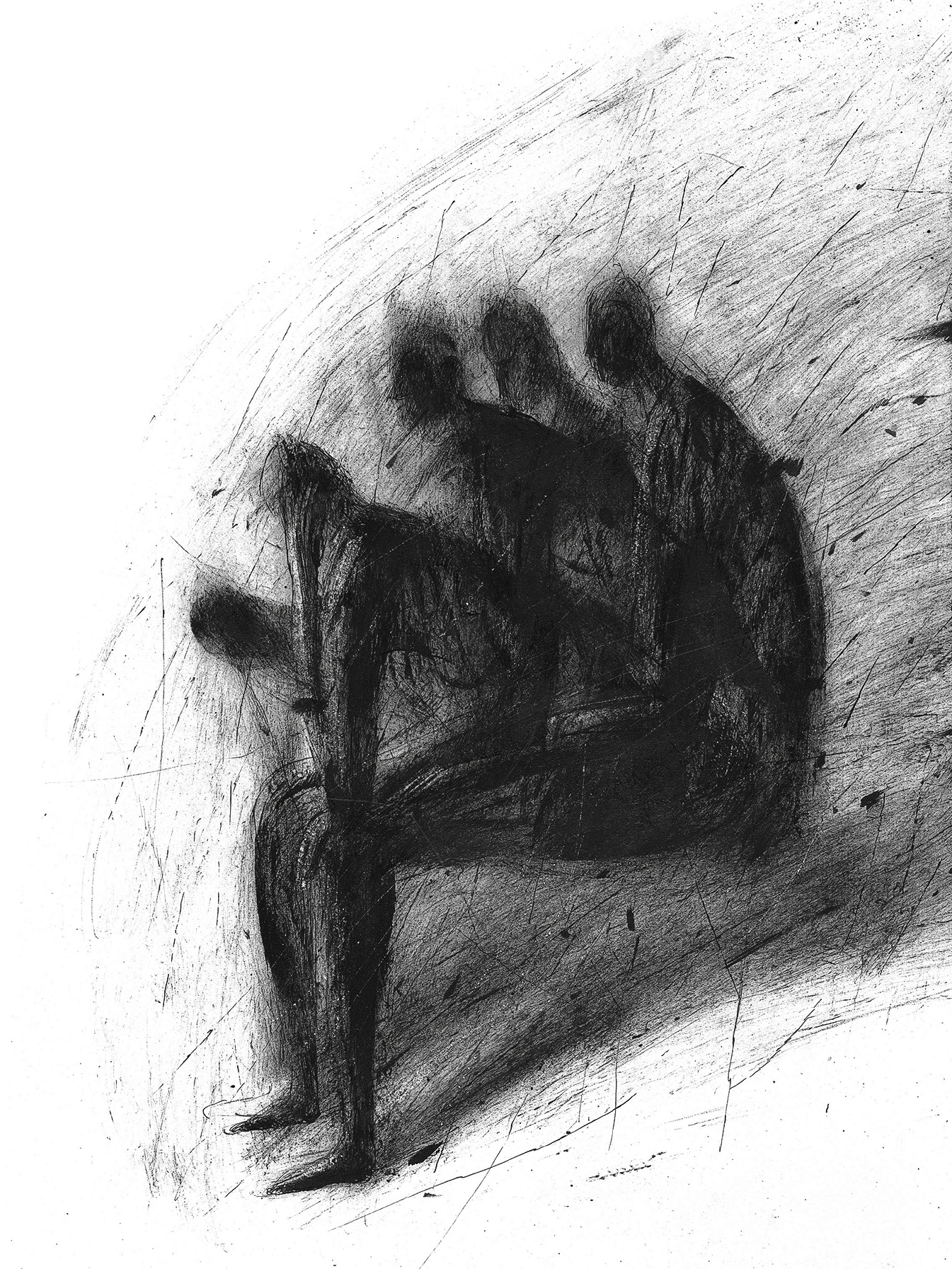Неверагодны і нечаканы, іранічны і правакатыўны, «мэтр» сучаснай беларускай паэзіі, да якога гэтае слова неяк не дапасуецца праз гранічную шчырасць з чытачом, імкненне расказаць пра сацыяльна небяспечнае і інтымнае нават падчас пераклада чужога тэксту ці дэманстрацыю «маскі» блазна… А яшчэ Андрэй Хадановіч ― вядомы лектар і блогер, анлайн-суразмоўца, адзін з першых дзеячаў беларускай культуры, хто пачаў здзяйсняць праект яе захавання ў замежжы, кансалідацыі незалежнага нацыянальнага мастацтва.
Квінтэсэнцыяй гэтага досведу стала кніга «На беразе Волі», у якую ўвайшлі вершы 2020-2023-х гадоў. Візуальны уступ да іх прапанавала Святлана Дземідовіч, ілюстрацыя якой, жахлівая і сімвалічная, перадае нараджэнне руху, пакутлівае вызваленне. Такая кніга павінна трапіць да чытача, скаванага жыццёвай неўладкаванасцю ў эміграцыі ці межамі края захопленага, дзе «нельга чытаць», бо няма свабоды. Вітальнымі лістамі (у абодвух сэнсах гэтага слова) паўстаюць вершы пра яе адсутнасць і неабходнасць, чаканне перамен, прагу застацца побач нават на адлегласці, афарбаваныя не толькі роспаччу, але надзеяй: «краты – гэта толькі падрыхтоўка да жыцця, дзе не існуе крат».
Incredible and unexpected, ironic and provocative, the “maitre” of contemporary Belarusian poetry. At the same time, Andrej Chadanovič is extremely sincere with the reader, desiring to talk about what is socially dangerous and intimate even during the translation of someone else’s text or the demonstration of the “mask” of a clown… Also, Chadanovič is a well-known lecturer, blogger and online correspondent. He is among the first figures of Belarusian culture to start the project of preserving it abroad and consolidating independent national art.
The quintessence of this experience is the book “On the shore of Freedom”, which includes poems from 2020-2023. It has the visual introduction by Śviatłana Sofja Dziemidovič, whose illustration, terrible and symbolic, conveys the birth of the movement, the painful liberation. Such a book should reach the reader bound by the unsettled life in emigration or by the borders of a captured land, where “one cannot read” because there is no freedom. The poems become greeting letters, telling about the absence and necessity of freedom, waiting for changes, longing to stay close even at a distance. They are colored not only by despair, but also by hope: “bars are only preparation for a life where there are no bars”.
